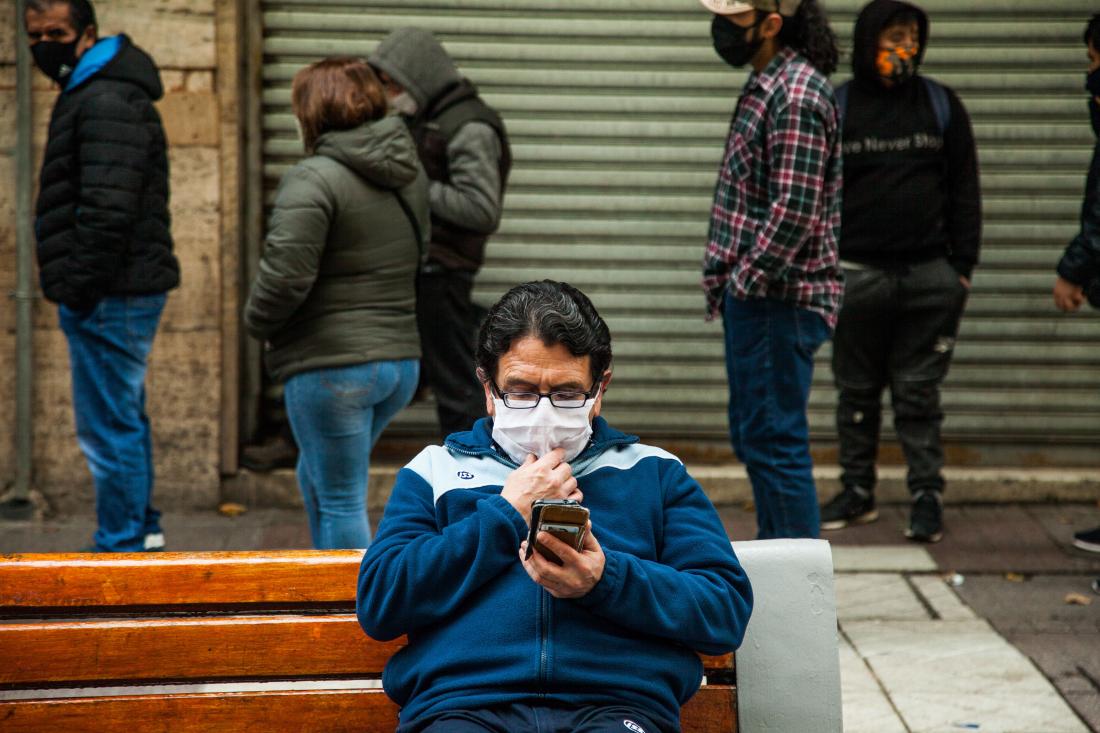Impact of Covid-19 Stimulus Packages on Small and Medium Enterprises in Chile
- Small and medium enterprises
- Large enterprises
- Earnings and income
- Employment
- Digital and mobile
- Information
- Nudges and reminders
- COVID-19 response
Governments around the world have responded to the Covid-19 crisis with large economic stimulus packages, but various barriers could prevent small and medium enterprises (SMEs) from applying for these protections. Researchers are conducting a randomized evaluation to test the impact of Chile’s economic stimulus package on the profits and survival of SMEs. Research is ongoing; results are forthcoming.
الموضوع الأساسي
The economic recovery from the Covid-19 crisis in low- and middle-income countries hinges on the profitability and survival of small and medium enterprises (SMEs), which employ a large fraction of the region’s workforce. Governments throughout the world have responded to the crisis with large economic stimulus packages, often including support to SMEs through direct asset transfers or methods to increase the demand for products or services offered by SMEs, as this can protect both entrepreneurs and the workers they employ. Do economic stimulus programs targeted at SMEs improve firm profits, survival, and employment? Furthermore, do these effects differ by economic sector, firm size, geographical region, or the business owner’s gender?
سياق التقييم
In Chile, SMEs employ a large fraction of the workforce; in 2017, more than 40 percent of Chileans employed in the business economy worked for small- or medium-sized enterprises.1 During the Covid-19 crisis, the Chilean government created a relief package that includes substantial protections for SMEs, including offering liquidity through guaranteed loans provided by financial institutions, such as Banco de Créditos e Inversiones (BCI). Specifically, BCI will lend approximately US$2.6 billion to help SMEs and their workers survive the Covid-19 crisis.

معلومات تفصيلية عن التدخل
Researchers partnered with BCI to conduct a randomized evaluation to test the impact of receiving benefits from Chile’s economic stimulus package on SME profits, survival, and employment.
At the time of this study, BCI had approximately 25,000 existing SME clients in Chile. BCI sent calls, emails, and/or text messages to a random subset of SMEs to encourage them to apply for credit opportunities. SME clients that did not receive any messages from BCI served as the comparison group.
Researchers tracked program take-up and firm outcomes using administrative data provided by BCI, including transaction-level data of cash deposits and withdrawals, account-to-account transfers (including payroll deposits to employees), revenues from credit card payments, and loan applications and repayments. Additionally, researchers collected data from other financial institutions in Latin America through a survey to assess the roles of SMEs and state-backed loan programs in the financial institutions’ business strategies.
النتائج والدروس المستفادة بشأن السياسات
Research ongoing; results forthcoming.
“Share of employment in the total business economy, 2017,” OECD, accessed November 19, 2020, https://www.oecd-ilibrary.org/sites/41e92d9e-en/index.html?itemId=/content/component/41e92d9e-en.
